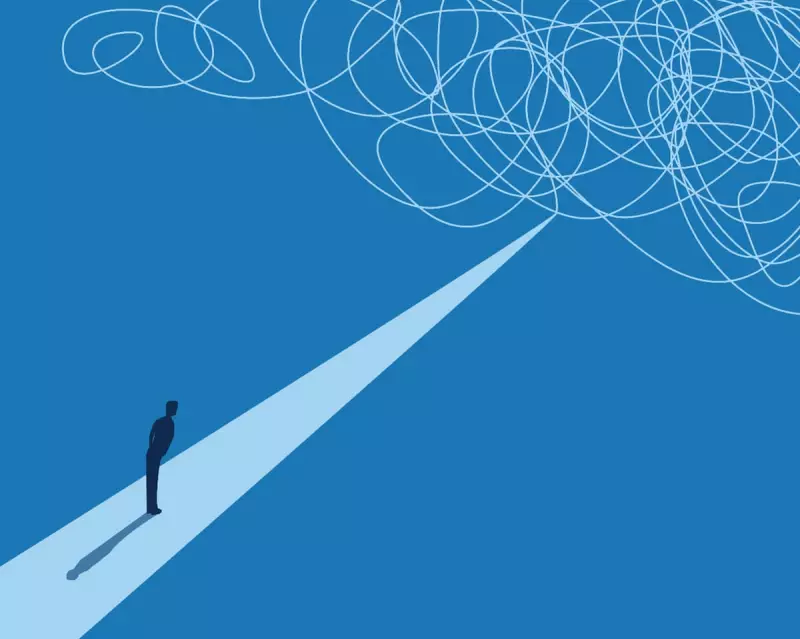
In an age where artificial intelligence promises to solve our most complex problems, ancient Stoic philosophy offers a sobering warning: we risk surrendering the very quality that makes us human.
The Stoics, from Marcus Aurelius to Seneca, considered critical thinking not just a useful skill, but the foundation of wisdom and virtue. Today, as we increasingly delegate decision-making to algorithms, we face a profound question about what we might be losing in the process.
The Stoic Blueprint for Human Dignity
Stoicism teaches that our ability to reason, question, and make conscious choices separates us from mere instinct and automation. This philosophical tradition, born in ancient Greece and Rome, positioned critical thinking at the centre of the good life.
'The happiness of your life depends upon the quality of your thoughts,' wrote Marcus Aurelius. For Stoics, thinking wasn't just processing information—it was the practice of examining life itself.
The Modern Paradox: Convenience vs Consciousness
Today's AI systems offer unprecedented convenience, from curating our news feeds to suggesting medical diagnoses. Yet this convenience comes with hidden costs:
- Cognitive outsourcing: We're training ourselves to trust machine judgments over our own reasoning
- Echo chambers: Algorithms reinforce existing beliefs rather than challenging us to think differently
- Speed over depth: Quick answers replace thoughtful contemplation
Why Critical Thinking Matters More Than Ever
Critical thinking isn't just about solving problems—it's about understanding what problems are worth solving. It's the capacity that allows us to:
- Question assumptions rather than accepting them at face value
- Consider multiple perspectives before forming judgments
- Recognise our own biases and limitations
- Make ethical choices aligned with our values
As AI systems become more sophisticated, the risk isn't that machines will think like humans, but that humans will stop thinking like humans.
Reclaiming Our Cognitive Sovereignty
The solution isn't to reject technology, but to use it wisely. We must approach AI as the Stoics approached life—with intentionality and awareness.
This means developing habits of mind that preserve our critical faculties: questioning algorithmic recommendations, seeking diverse viewpoints, and making space for reflection before decision-making.
The greatest danger isn't artificial intelligence becoming too human, but humans becoming too artificial in our thinking patterns.
A Stoic Approach to the AI Age
Stoicism reminds us that while we cannot control external circumstances, we can control how we respond to them. In the face of technological advancement, our responsibility is to protect and exercise our capacity for critical thought.
As we navigate this new landscape, the ancient wisdom echoes across centuries: true progress isn't measured by what machines can do for us, but by what we become in the process.





